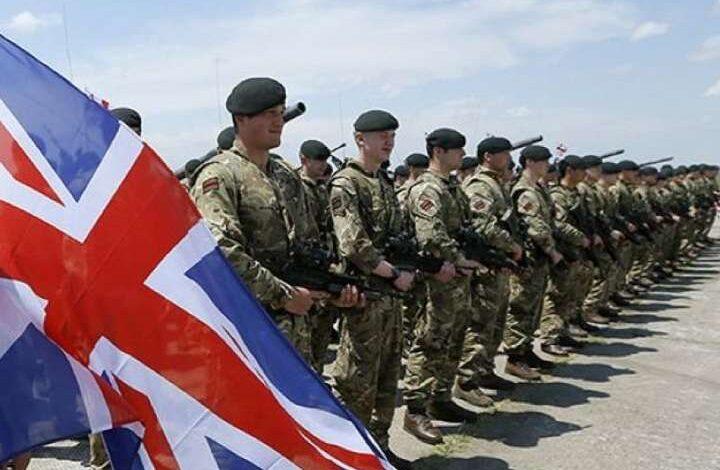British special forces are on alert for possible deployment to Ukraine as part of a potential peacekeeping mission

British special forces are in a state of readiness for a possible deployment to Ukraine to participate in a potential peacekeeping mission in connection with the approach of a ceasefire agreement. About this informs The i Paper.
The UK’s Permanent Joint Headquarters (PJHQ), which is responsible for military planning, has received directives to begin preparations for the deployment of personnel and resources. These orders also apply to reservists of special forces and provide for the transfer of personnel to the mode of high readiness to ensure the serviceability of equipment and to be ready for mobilization to Ukraine in the event of a corresponding order.
The decision to bring key units to a state of readiness was made against the background of Great Britain’s preparation to lead the military forces of countries ready to support the upcoming ceasefire agreement with Russia. British Prime Minister Keir Starmer announced that plans for a peacekeeping mission in Ukraine have entered the “operational phase.”
Military analysts note that despite the fact that British special forces do not traditionally perform peacekeeping functions, their mobility, intelligence capabilities and experience make them the most effective tool for participating in the so-called “coalition of the willing”.
Marco Wyss, professor of international history and security at Lancaster University, said the unpredictability of the terms of a possible ceasefire between Russia and Ukraine works in favor of a “flexible” British special force capable of quickly deploying to carry out a peacekeeping mission.
“At this stage it is very difficult to say exactly what kind of peace will need to be maintained, so a large part of the work is contingency planning. And the fastest tool at Downing Street’s disposal is the Special Forces. It has powerful reconnaissance capabilities, can act very flexibly, carry out evacuation, protect strategic objects.” – emphasized Marko Viss.
He also noted that it is not about a classic peace agreement, but about a temporary ceasefire, the observance of which can be monitored by peacekeeping forces. Potential threats in the “grey zone”—where the situation is neither peace nor full-scale war—and the risks of escalation will require the involvement of specialized units with the appropriate skills.





